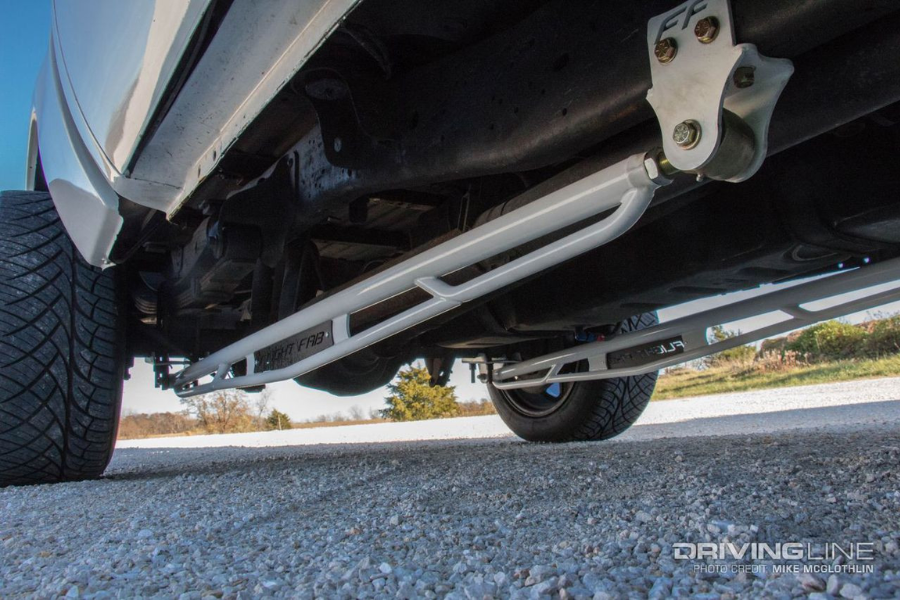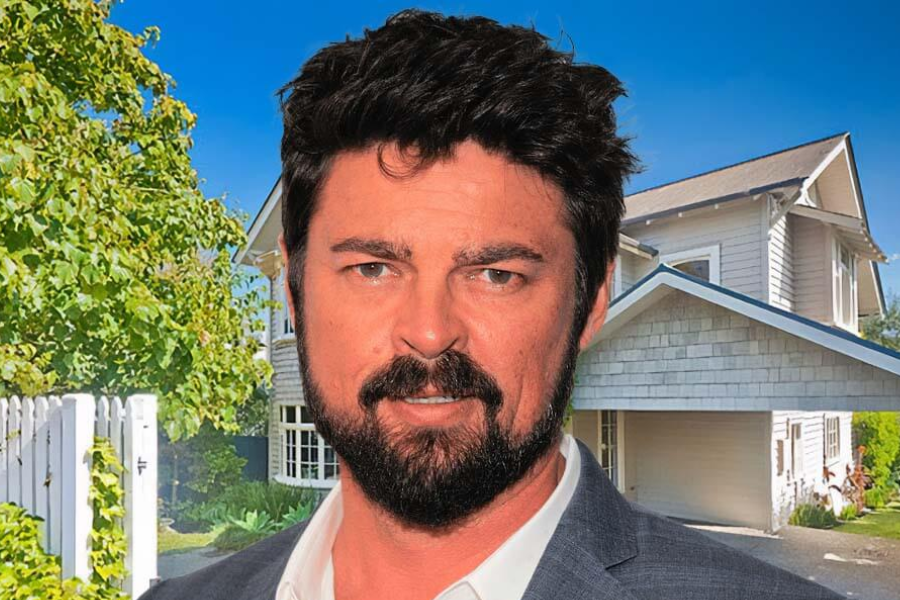Virginia Water is a pretty village in Surrey. It has a busy property market that many people like. The area is famous for its lovely views and quiet life. More renters here now want to own homes. This change is becoming common. People enjoy the idea of staying in one place and making it theirs. This article looks at what it’s like to stop renting and start buying in Virginia Water. It gives clear steps for anyone thinking about this.
Virginia Water rentals are always buoyant. Prices keep going up a little each year. Still, people love this place more and more. Renters see a chance to turn rent money into a home they own. That idea excites them. Now, let’s explore renting in Virginia Water and how it stacks up against buying.
The Rental Landscape in Virginia Water
You can find flats, small houses, and big family homes to rent. Prices change depending on the home. A one-bedroom flat might cost £1,200 each month. A three-bedroom property to let in Virginia Water could be £2,500 or higher. These costs show how much people pay to live here.
Some spots in Virginia Water are extra popular for renters. Places near the train station draw many people. Areas by Wentworth Golf Club are liked too. In 2025, renting will probably stay strong. More people will want homes, and prices might go up a bit. This happens because Virginia Water is special, and not many homes are free.
Different folks rent in this village. Young workers pick small flats near work or trains to London. Families choose bigger houses with gardens for their kids. Older people, like retirees, rent here too. They love the peace and pretty sights. Each group has its own reasons for renting.
Long-term Cost Comparison: Virginia Water Rentals vs Properties to Buy
Money matters a lot when you think about buying instead of renting. Renting needs a deposit first. That’s usually one or two months’ rent. For a £1,500 flat, you’d pay £1,500 or £3,000 to start. Buying needs a down payment, which is way bigger. It’s often 5% to 20% of the home’s price. For a £500,000 house, that’s £25,000 to £100,000 upfront. That’s a lot more cash.
Each month, costs look different too. Renters pay one amount, like £1,500, and that’s it unless rent rises. Buyers pay a mortgage instead. For a £500,000 home, it might be £2,000 a month. Interest rates change that number. With buying, your money builds something you keep. Renting just takes your cash away every time.
Other costs come up too. Renters might pay agency fees. Sometimes, rent jumps higher than expected. Buyers have to pay stamp duty when they buy. That’s a tax—over £12,500 for a £500,000 home. They also fix things and buy insurance. Those extras add up fast. You need to think about them.
Over time, the costs tell a story. Renting a £1,500 flat for five years takes £90,000. You don’t own anything after that. A £500,000 house with a mortgage might cost £120,000 in five years. But you own part of it. Plus, the house could be worth more later. After 10 or 20 years, buying usually saves you money.
The Emotional and Financial Transition
Going from renting to buying isn’t only about cash. It’s about how you feel too. A property to buy in Virginia Water makes feel safe and settled. Every mortgage payment adds to your equity. That’s like saving money in your house. It can turn into wealth one day.
But the change isn’t always easy. Saving for a deposit can feel overwhelming, and the process of buying a home involves lots of paperwork. Some worry about taking on a mortgage or handling repairs. It’s a big step, and doubts can creep in. Thankfully, support is out there. Local estate agents, mortgage advisors, and even friends who’ve done it before can offer advice and encouragement.
Tips for Renters Looking to Buy in Virginia Water
For renters ready to buy, planning is key. Saving for a deposit takes effort, but small changes help. Cutting back on takeaways or holidays can add up over months. A good credit score also matters—it shows banks you’re reliable, which can get you a cheaper mortgage. Paying bills on time and avoiding debt keeps your score healthy.
Understanding the Virginia Water market is another step. Prices differ across the village, so research helps you find the right spot. Working with local estate agents and mortgage brokers makes things smoother—they know the area and can guide you. There are also government schemes, like Help to Buy, which let first-time buyers borrow money for a deposit with easier terms. These options give renters a boost towards owning a home.
Future Outlook: The Viability of the Renting to Buying Path
What does the future hold for Virginia Water’s property market? Experts think prices will keep rising, though not as fast as before. By 2025 and beyond, homes might cost a bit more, reflecting the area’s appeal. Mortgage rules could shift too, with interest rates possibly dropping slightly. That would make borrowing cheaper and buying more doable.
Local development plans will shape things as well. New shops, schools, or transport links could push property values up, especially near those projects. But challenges might pop up—higher prices or stricter lending rules could slow some buyers down. Still, opportunities remain for those who plan ahead and act at the right time.
Conclusion
Moving from renting to buying in Virginia Water is a journey worth considering. It starts with understanding the rental scene, weighing up costs, and facing the emotional ups and downs. With smart saving, expert help, and a bit of patience, renters can become homeowners. The future looks promising, with rising property values and support for first-time buyers. For those dreaming of a home in this lovely village, the path from renting to owning is challenging but rewarding. Virginia Water’s property market offers a chance to build a stable, happy future.












Leave a Reply